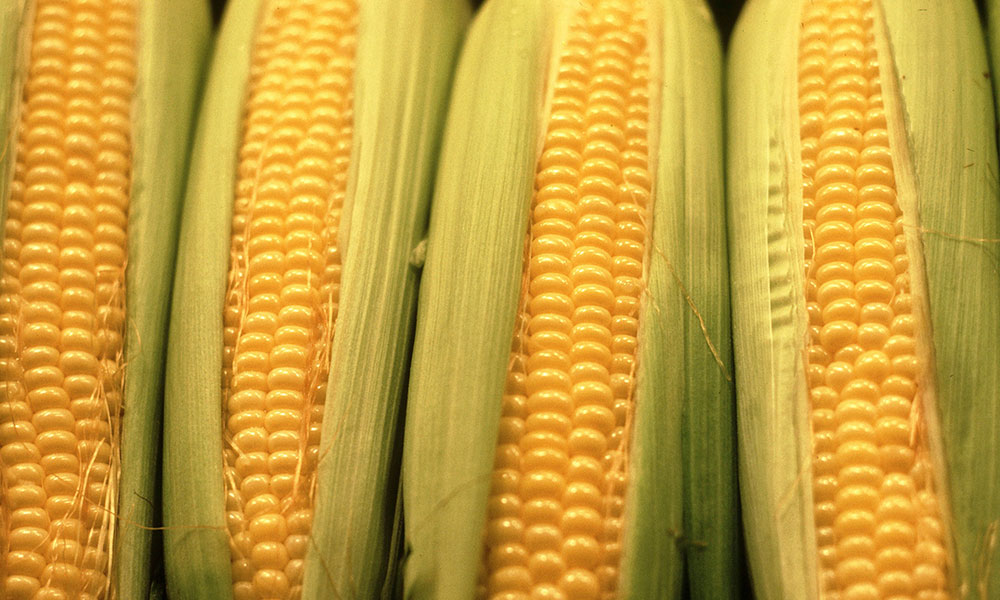
Organic Trade Group Steps Up to Prevent Industry Fraud
In response to recent fraud incidents in the organic food industry, the Organic Trade Association is upping its advocacy efforts to stop violations.
Following a recent Washington Post report that found that millions of pounds of corn and soybeans imported from Turkey and labeled “USDA Organic” did not meet the necessary requirements of the label, the Organic Trade Association is taking steps to combat industry fraud.
“The trade association has always placed the highest priority on the integrity of the seal in the marketplace,” OTA CEO Laura Batcha said. “The industry understands that’s a brand that’s held by all businesses involved in the organic supply chain, and that the consumer contract on trusting that seal is critical to the health of the industry—so we’ve always advocated for actions and policies that support really robust compliance and oversight of that seal. So I think the industry has taken very seriously these recent allegations and incidents of fraud.”
First, OTA is creating the Global Organic Supply Chain Integrity Task Force to draw up best practices for managing and verifying the organic supply chain that help companies keep their quality systems up-to-date and ensure international imports that are labeled organic meet U.S. standards. It will also publish recommendations for appropriate responses to detected fraud, as well as provide risk-assessment and mitigation measures and a risk-reporting system.
The task force is made up of almost 30 OTA members split into three subgroups: direct traders and importers who will work on quality control systems and certification oversight, certifying agents who will review impediments to timely investigations, and consultants and supply chain experts who will identify how other countries are monitoring the organic industry and analyze models and programs outside the industry.
“There is a strong desire on the part of industry to stop the incidence of fraud in organic,” Batcha told the Washington Post. “The consumer expects that organic products are verified back to the farm. The industry takes that contract with the consumer very seriously.”
OTA will also undertake efforts that call on accredited certifying agents to be more vigilant for fraud and ask USDA and the National Organic Program to not only consider risk associated with clients but also to clearly communicate with industry actors when risk areas are identified.
In addition, OTA will advocate that the 2018 Farm Bill provide greater compliance enforcement powers and adjust organic program requirements to include all supply chain players in the certification. It will also request that USDA submit an annual report to Congress on compliance actions taken and that import documentation be based on technology-based tracking. Lastly, efforts will also focus on investments in such technology-based verification systems to identify risks and gaps in the supply chain.
“There’s not anything more important in terms of things that require industry attention [than fraud] in that the health of the industry is built on the consumer trusting the seal,” Batcha said. “And the industry has to stay on the cutting edge of modernizing the approach it’s taken to verification and compliance.”
Mislabeled corn was a driving factor behind the association's push.(AbleStock/Thinkstock)






Comments